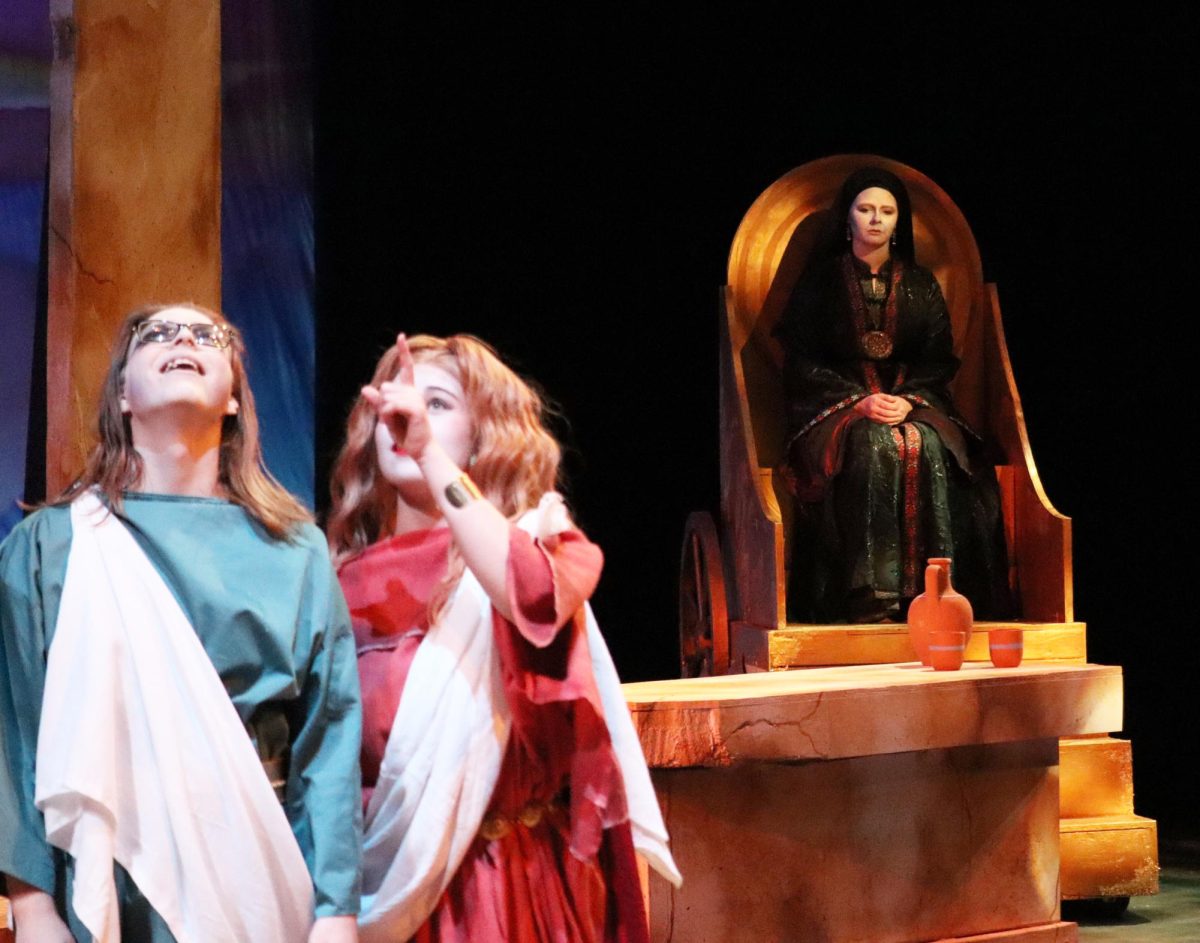Sochi Olympics raises concerns with recent anti-gay law
January 29, 2014
Simpson students, faculty follow Sochi Olympics with eye on Russian policy
As U.S. athletes make last-minute preparations for the Sochi Olympics, citizens across Simpson campus and the nation will be following their progress closely – especially in light of Russia’s recent controversies.
Russian president Vladimir Putin signed an anti-gay “propaganda” law in June, making it illegal to display acts of affection by same-sex couples anywhere where children under the age of 18 may witness it. Putin has previously attempted to calm the international communities’ worries, saying Russia will not interfere with law-abiding visitors.
“We don’t outlaw anything and don’t nab anyone. That’s why you can feel safe and free here, but please leave our children in peace,” Putin said to CNN reporters on Jan. 17.
The Games will begin on Feb. 7.
Freshmen Walker Mask disagrees with the law, but says he believes he understands why Putin pushed the law into effect.
“In Russian society, it’s a lot easier to just trust people just because of the past history of Russia communism…pedophilia attacks happen a lot more often over there and Putin wants to stop that. What Putin has done is associated, because most of the pedophilia attacks that happen are of a homosexual nature, He’s associated the two together,” said Mask, who says he’s always been interested in visiting the country.
“I think the key to understanding that stuff is that Vladimir Putin’s authority is derived primarily from protecting Russian culture place. It’s not really ideological,” said Eduardo Magalhaes III, professor of political science.
Magalhaes doesn’t expect Putin’s government to interfere with Olympic athletes and visitors.
“As someone hosting the Olympics, you want it to be a showcase that encourages some additional tourism to the future,” said Magalhaes.
Mask, who is Simpson PRIDE’s Public Communications Chair, said PRIDE is considering using the recent attention to educate Simpson students about laws like Russia’s.
“I think what most people know is that Russia is turning anti-gay, and that’s all they know,” Mask said. Mask called PRIDE’s plan “a work in progress”.
There have been calls to oppose the Sochi Olympics. In July, USA Today reported that U.S. based group Queer Nation called for members to boycott Russian vodka. Mask said he was aware of some group’s protests, but still plans on watching the Games.
“The Games are a symbol of uniting all the nations. I don’t think that just because there are protests, people should not watch the Games,” said Mask.
The International Olympic Committee (IOC) released a statement last July saying they had received “assurances from the highest level” of Russian government that visitors would not be affected by recent laws.
“The Games themselves should be open to all, free of discrimination,” said IOC.





